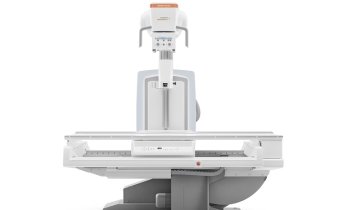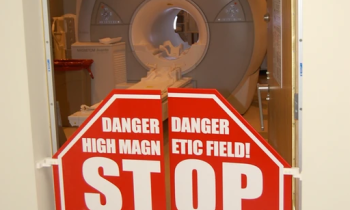Health services research
Anja Behringer reports
The German Medical Association aims to evaluate the use of guidelines, the influence of drug companies on studies, the impact of economisation on staff and patients, and ultimately to assess the realities of medical care.

Many medical treatments that are not highly effective are highly expensive. Take vertebroplasty: This minimally
invasive treatment, in which bone cement is used to repair osteoporotic vertebrae fractures, does not always bring pain relief or eliminated the need for further treatment. According to the New England Journal of Medicine, a vertebroplasty costs $2,500-3,000 plus $1,000- 2,000 for an MRI scan. However, a clinical study revealed that the
placebo group felt equally free of pain as quickly as the group that had undergone the procedure. Such examples can be found for the type, strength and timing of medication, the location and choice of surgical procedures and generally the access to professional medical care for all sections of society.
To address the problem, in 2005 the 108th German Medical Congress decided to participate in the development
of scientific health services research via the German Medical Association. Within this, different projects with different promotional phases will run up to 2011. To date, 17 have been completed. During the first promotional phase, topics included the implementation of asthma or chronic heart insufficiency guidelines for general medical
practice; next, the impact of economisation in in-and out-patient services on patient care and freedom of action for doctors, and, third, the interaction between doctor-related factors and the reality of medical care (the Physician Factor).
The German Medical Drug Commission requested a study on the ‘impact of the pharmaceutical industry on scientific results and the publication of drugs trials’. Since this summer, the most interesting results from the projects were published in the series Initiative Health Services Research in the German Medical Journal. ‘These studies already show that ma ny guidelines are based on a wrong approach, which is mostly due to a lack of data,’ said Professor Peter Scriba, Chairman of the Scientific Advisory Board of the German Medical Association. For example, in the case of chronic heart insufficiency guidelines, it must be considered that this is not a chronic illness, and therefore cannot be viewed in terms of the costs it incurred in Germany in 2006 and future trends -- it is a clinical syndrome with characteristic symptoms and different underlying illnesses. Therefore, heart insufficiency should not be referred to without some demarcation when if is chronic and when concrete, nosological acknowledged, heterogenic statistics are not possible.
Health Services Research also queries why the transfer of modern treatments into practice is so often
delayed and what can be done about that. Thus this research area complements fundamental research, disease-
oriented translational research and clinical-evaluative research and can ease the transfer of innovations. Asked for his views on the results from the completed projects, Prof. Scriba MD said: ‘The findings on the Physician Factor were quite astonishing. The intervention study in Dachau Hospital showed that the doctors had problems with two particular issues: lack of feedback from their superiors and constant disturbances during ward rounds. Once these issues had been addressed, contentment among doctors increased and patients also felt better cared for.’ On "The impact of the pharmaceutical industry on scientific results and the publication of drugs trials", he was pleased that the medical parliament had ‘…asked the right question, because it has been shown that the influence of the pharmaceutical industry on studies has so far led to more frequent positive results than those achieved in independent studies. The situation regarding evidence is askew, but this project is still in progress. The second part, which we are about to announce, will be particularly exciting: Are there indications if and how the mechanisms of impact can lead to changed, interest-guided contents for medical guidelines?’
What of guidelines implementations, which are being examined for a range of illnesses, from tumours to diabetes and chronic heart insufficiency? ‘Guidelines don’t achieve anything, and disappointment is increasing,’ Prof Scriba declared. ‘They must be improved, as is currently being done in a Hanover project on MRSA. There, they are being followed and implemented well. If MRSA is suspected patients are screened at the point of admission and measures of disinfection are taken.’
More detailed results from all these projects are expected soon.
25.01.2010











